If you look back at the history of the Olympics, you will see some amazing stories to discover. I mean, think about the athletes who set records and overcame social, racial, and gender barriers. From the tough tracks of the 1936 Berlin Olympics to the pools of today and middle-distance runs, Black Olympians have spoken for their people, inspired many people, and changed the sport in many ways.
Jesse Owens:
Few Olympic names echo as loudly as Jesse Owens. During the 1936 Summer Olympics in Berlin, Owens, an African American sprinter and long jumper, drew the world’s attention by sweeping four gold medals. When Nazi propaganda was meant to validate Aryan superiority, Owens’s performance dispelled illusions of racial supremacy. A few days earlier, on July 15, he set three world records within an hour at a Big Ten meet in Ann Arbor.
Owens’ winning four golds in the 100 m, 200 m, long jump, and 4×100 m relay was not just about showcasing his athletic skills but also a symbol of defiance against oppression. His silky smooth yet powerful running style and determination to fight segregation at home left an unforgettable impression. “Jesse Owens did more than win races,” a historian wrote. “He raced against bigotry and came out on top.” Many years later, his legacy still reminds us that greatness in sports can tell us a lot about justice and hope.

Source: Jesse Owens – Wikipedia
Wilma Rudolph:
Born in 1940 in a rural Tennessee countryside, Rudolph’s existence was spent battling polio and poverty. Rather than succumbing to adversity, she converted her physical weakness into fuel for greatness. By the 1960 Summer Games in Rome, she had rebuilt herself into “the fastest woman in history.”.
Rudolph earned three gold medals in the 100 m, 200 m, and 4×100 m relay, the first American woman to claim three gold medals in one Olympiad. Her speed and resolve, developed on cinder tracks and in segregation, inspired the world. Nicknamed “La Gazzella Nera” (The Black Gazelle) by the Italians, Rudolph revolutionized women’s athletics and inspired millions. One eyewitness remembered, “Her triumphs on the Roman track were a testament to perseverance, encouraging young athletes everywhere to dream bigger.”
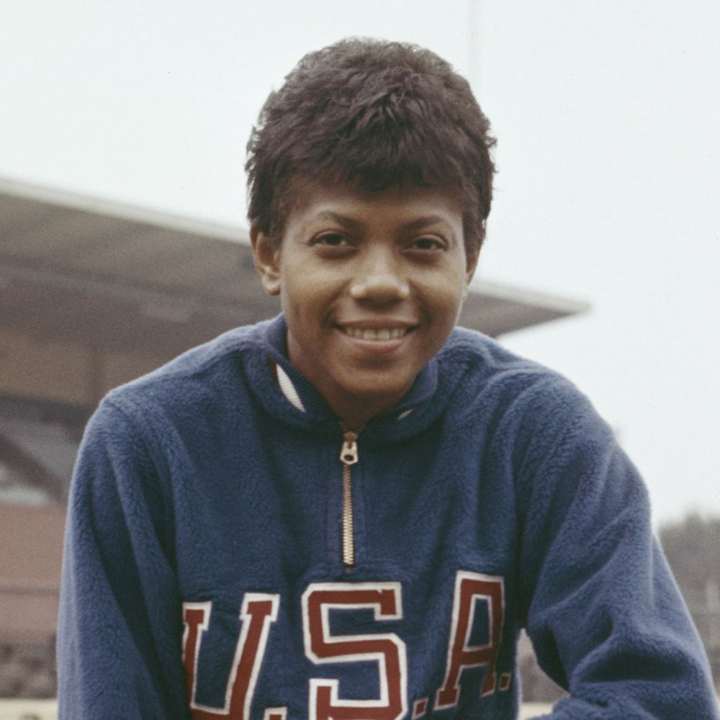
Source: Wilma Rudolph: Biography, Olympic Gold Medalist, Track and Field
Alice Coachman:
Before the revolution in sprinting and relays, there was Alice Coachman—a trailblazer whose record-breaking leap in the high jump at the 1948 London Olympics shattered more than records. Born in 1923 in Albany, Georgia, Coachman grew up in a segregated South in which Black women’s sporting opportunities were nonexistent in practice, if not in theory. Training barefoot on dirt roads and with homemade equipment, she developed a love for jumping in the face of prohibitive odds.
At the 1948 Olympics, Coachman was the first Black woman to win an Olympic gold medal in track and field by clearing new heights in the high jump. Her triumph was a triumphant moment not just for her but for all those deprived of a platform due to race and gender. After her triumph, Coachman’s hometown hailed her as a hometown hero, and her story would open the way for generations to come of Black women athletes. “I opened the door for all of them,” she would later say—a sentiment shared by countless young athletes inspired by her bravery.
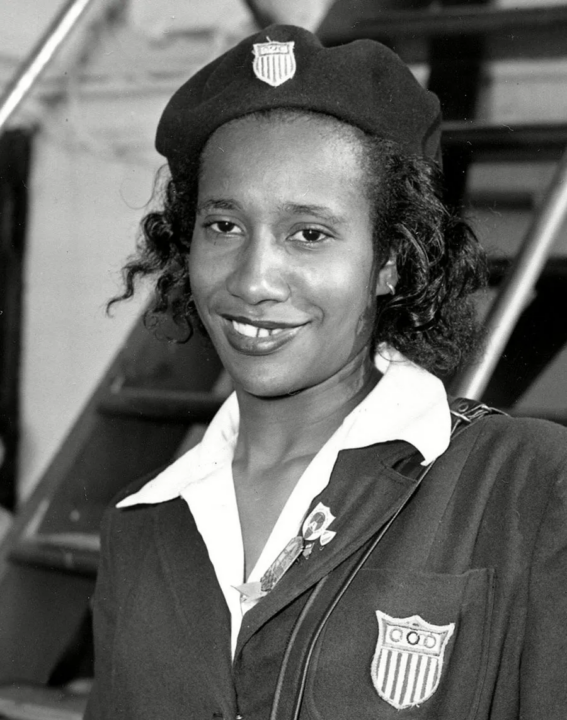
Source: Alice Coachman | Biography, Accomplishments, Olympics, Medal, & Facts | Britannica
Florence Griffith Joyner:
In the late 1980s, a new icon appeared on the Olympic stage, combining athletic ability and unbridled pizzazz. Florence Griffith Joyner, lovingly called “Flo-Jo,” transformed women’s sprinting at the 1988 Seoul Olympics—her record-breaking performances in the 100 m and 200 m events established world records that remain unbroken. Sprinting in a unique way and flashy fashion, Flo-Jo timed 10.49 seconds in the 100 m trials and then broke the 200 m record to a breathtaking 21.34 seconds in the finals.
An equally iconic personal style complemented her record-breaking feats—vibrantly hued racing uniforms, elaborately painted nails, and flowing, hip-length hair—that turned heads on and off the track. Her critics and fans alike were shocked by her ability to combine elegance with raw power. “Florence’s legacy is as much about her style as it is about her speed,” one commentator noted. In a sport counted in milliseconds, Flo-Jo’s long-standing records are a testament to her otherworldly ability and determination to be uniquely herself.
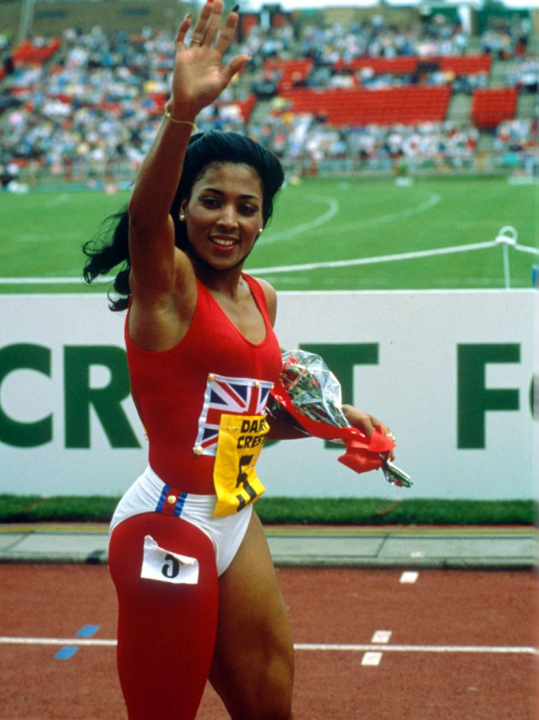
Source: Florence Griffith Joyner | Biography, Medals, & Facts | Britannica
Jackie Joyner-Kersee:
The Olympic stage has seen many great athletes, but none have been as all-around as Jackie Joyner-Kersee. Through her dominance of the heptathlon—a physically demanding, seven-discipline event—Joyner-Kersee shattered the mold of what it meant to be an all-around athlete. At the 1988 Seoul Olympics, she broke the heptathlon world record and took gold in the long jump, the first US woman to win Olympic gold in both events at the same Olympics.
Jackie’s path was filled with obstacles, both on the track and off. She fought through injuries, competed against fierce opponents, and managed the wacky physical rigors of multi-event competitions. Still, her 1988 and 1992 victories established her as one of the greatest Olympians ever. But it’s not all about the medals; her tale is about hard work and determination, teaching us that greatness stems from resilience. Today, Jackie’s legacy lives on through all the initiatives she supports, such as empowering young women and advocating for education in underprivileged communities.
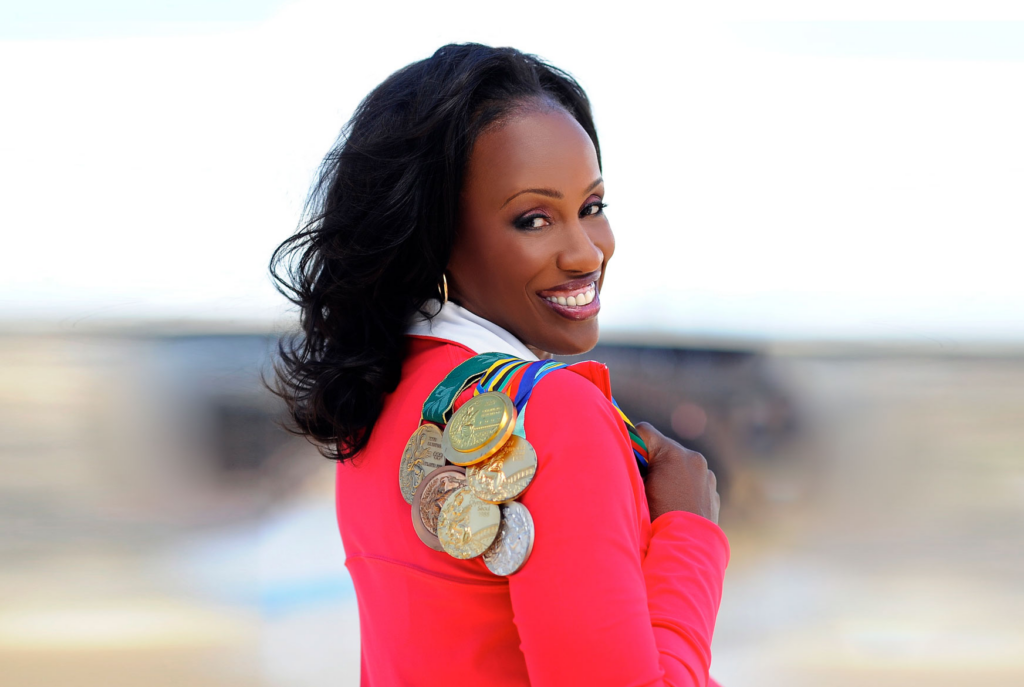
Source: Jackie Joyner-Kersee | Lehigh Alumni
Usain Bolt:
Whereas American icons have ruled Olympic stories for decades, Jamaica presented a phenomenon in the name of Usain Bolt. With his signature smile and blistering pace, Bolt went beyond athletics to become a global icon. At the 2008, 2012, and 2016 Olympics, he mesmerized the crowd by breaking world records in the 100 m, 200 m, and as a member of Jamaica’s 4x100m relay team.
Bolt’s performances were a masterclass in sprinting, with a smooth stride and a magnetic presence on the track. His record-breaking feats made him the fastest man alive and brought unprecedented focus to the Caribbean athletics’ power. “Usain Bolt made us believe that speed could be a passport to global unity,” one sports analyst opined. Bolt’s influence is gauged in gold medals and in the inspiration he has provided millions of young athletes worldwide, making sprinting a spectacle of joy and determination.
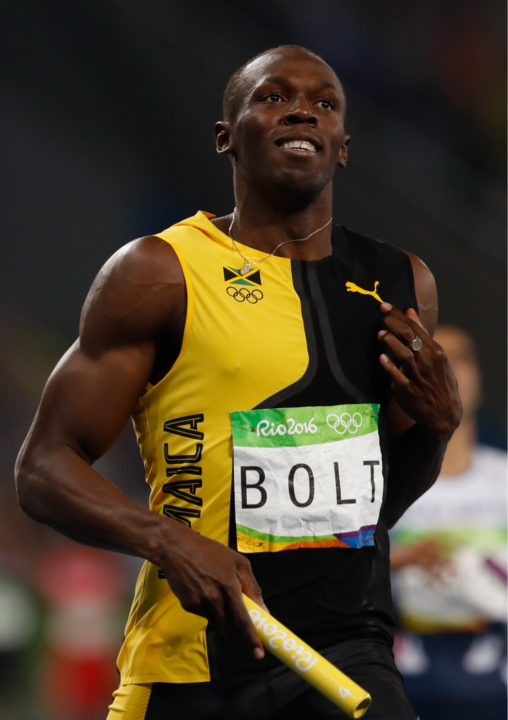
Source: Usain Bolt – Wikipedia
Simone Manuel:
Simone Manuel broke the mold in Olympic swimming in sports that have not been well-represented. When she competed in the 2016 Rio de Janeiro Games, she was the first African American woman to claim an individual Olympic gold medal in swimming. Winning the 100 m freestyle wasn’t just a win for her—it was a historic turning point for a sport with chiefly competitors of different backgrounds.
Manuel’s historic victory made waves outside the pool. It has sparked debate on the diversity of sport, broke down age-old barriers, and inspired millions of young swimmers, particularly girls of color, to chase their aspirations. “Simone’s success demonstrates excellence is raceless and traditionless,” a Games commentator exclaimed. Her nerve under pressure and dedication to breaking down barriers have made her one of the most potent swimmers of her generation, and her legacy will inspire further inclusion in aquatic sports.
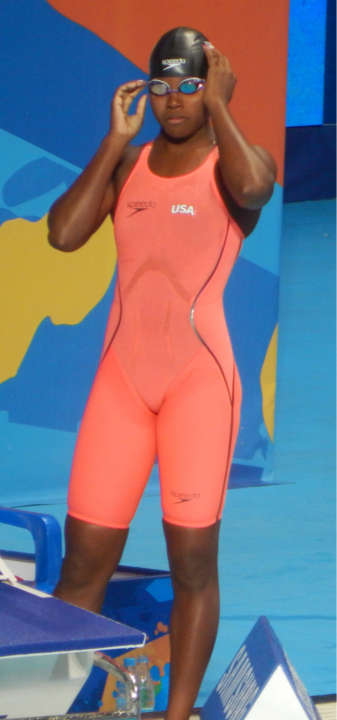
Source: Simone Manuel – Wikipedia
Caster Semenya:
Redefining Middle-Distance Running One of the contemporary Olympics’s biggest names and most influential sportspersons is Caster Semenya. The South African middle-distance runner caused a massive furor globally with her mind-boggling performances—on the running track and in the entire sports politics arena. She won several Olympic medals and completely dominated races such as the 800 m, drawing the attention of everyone with her strength and speed.
Semenya’s career has certainly had its setbacks. She’s been the target of vast amounts of criticism for her natural hormone levels, which sparked some complex debates around gender in sport, but she’s remained true to who she is and what she’s capable of. “Caster Semenya is more than an athlete—she is a catalyst for change,” a sports analyst explained. Her battles, both in the public eye and on the track, have prompted some needed conversations about fairness, identity, and where women’s sport is going. By holding firm, Semenya has not only influenced policy changes she’s also shed light on the difficult circumstances that athletes who don’t fit the norm have to face. Her legacy continues to be felt, making her an instrumental part of the conversation around inclusion and diversity in sports.
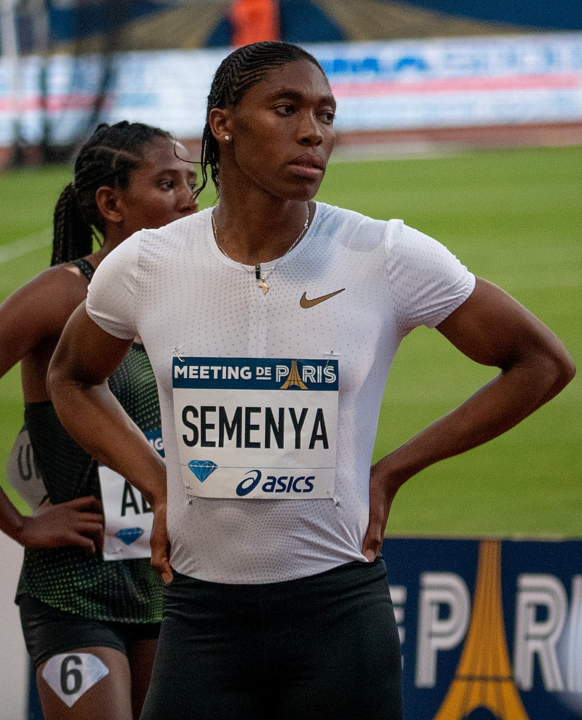
Source: Caster Semenya – Wikipedia
Looking back at their legacies, we are compelled to look ahead. The next generation of sports people is already standing on the shoulders of these pioneers, grasping for greatness and carrying on the legacy of inclusion. With technology, training, and global communication improving, the world of sports is evolving—but the spirit embodied by these pioneers never falters.
So these stories are full of history but entirely relevant today, and they just have us talking about fairness, representation, and what competition is all about. They make us wonder: How can the Olympics be a way of connecting different cultures and fighting for social progress? The answer, like these eight Olympians have shown, is all about that indefatigable human spirit. The same grit takes an athlete from a segregated community or tough background to the top of the Olympic podium.
Each time a person runs, jumps, swims, or battles through a difficult experience, you can feel the resolve of all the people who toiled before them. Their victories, won through hardship, remind us that records are broken and medals are won, but the true legacy of an athlete is all about the lives they touch and the barriers they break. Reflecting on the incredible careers of these eight Black Olympians, we’re not merely honoring their athletic success but how they’ve transformed the world. They remind us that sport can indeed be a force for good—a force that stands up against injustice welcomes diversity, and unites us in our common humanity.

Anand Subramanian is a freelance photographer and content writer based out of Tamil Nadu, India. Having a background in Engineering always made him curious about life on the other side of the spectrum. He leapt forward towards the Photography life and never looked back. Specializing in Documentary and Portrait photography gave him an up-close and personal view into the complexities of human beings and those experiences helped him branch out from visual to words. Today he is mentoring passionate photographers and writing about the different dimensions of the art world.





